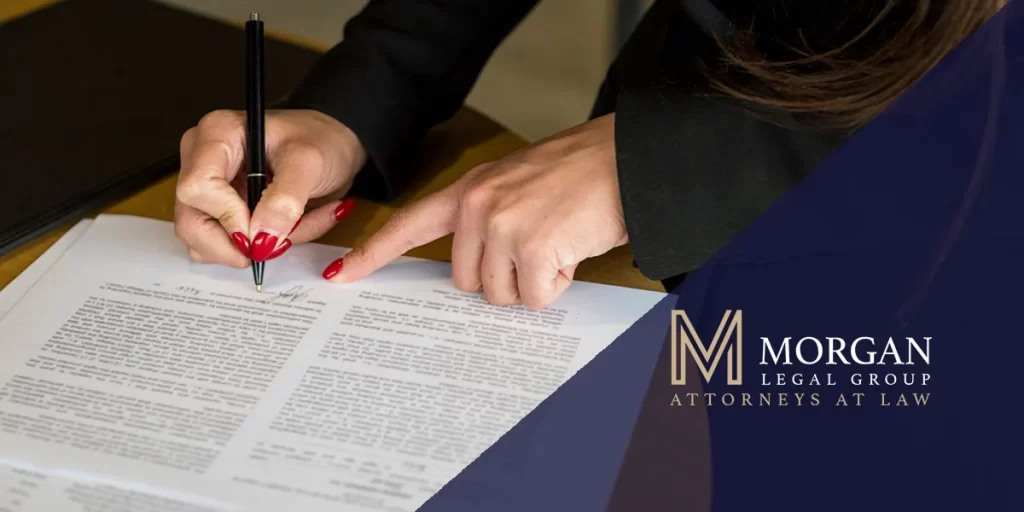Understanding Probate in New York: When and How It Occurs
Probate is a legal process after an individual’s death involving the distribution of assets and settling debts and obligations. In New York, as in many other states, probate is a crucial aspect of estate administration. Let’s delve into what probate is when it occurs and what assets you should consider when planning your estate in New York.
What Is Probate?
Probate is the court-supervised process of validating a deceased person’s will if they had one, and ensuring that their assets are distributed according to their wishes or state law. The key steps involved in the probate process include:
- Filing the Will: The first step is to file the deceased person’s will with the appropriate probate court.
- Appointment of Executor: The court will appoint an executor or personal representative to manage the estate during probate.
- Notifying Heirs and Creditors: Notice is given to heirs, beneficiaries, and creditors to make claims against the estate.
- Inventory and Appraisal: The executor compiles an inventory of the deceased person’s assets and has them appraised.
- Payment of Debts: Debts and taxes owed by the deceased person are paid from the estate’s assets.
- Asset Distribution: Once debts are settled, the remaining assets are distributed to beneficiaries or heirs as specified in the will or according to state law.
- Final Accounting: The executor provides a final accounting to the court, detailing all financial transactions during probate.
When Does Probate Occur?
Probate typically occurs after an individual’s death. However, not all assets go through probate. Whether or not an estate goes through probate depends on various factors, including the type of assets and how they are titled. Here are some key points to consider:
Assets That May Avoid Probate:
- Assets Held in Trust: Assets placed in a living trust can avoid probate because they are no longer considered part of the deceased person’s estate.
- Jointly Owned Assets: Assets held jointly with rights of survivorship pass directly to the surviving co-owner outside of probate.
- Beneficiary Designations: Assets with designated beneficiaries, such as life insurance policies and retirement accounts, bypass probate and go directly to the named beneficiaries.
Assets That Typically Go Through Probate:
- Individual Assets: Assets solely owned by the deceased person and without beneficiary designations usually go through probate.
- Real Estate: Property owned solely by the deceased person may need to go through probate to transfer ownership.
- Personal Belongings: Probate may be required to distribute personal items and belongings of the deceased.
Estate Planning Considerations in New York
When planning your estate in New York, it’s essential to consider the probate implications. Some individuals aim to minimize probate by creating revocable living trusts, gifting assets, or designating beneficiaries on accounts and policies.
Additionally, New York has specific laws and regulations governing probate and estate planning, so consulting with an experienced attorney is highly advisable. An attorney can help you create a comprehensive estate plan that aligns with your goals and ensures a smooth transition of your assets to your loved ones.
Conclusion
Probate is a critical aspect of estate administration in New York. Understanding when and how probate occurs and careful estate planning can help you navigate the process effectively. At Morgan Legal Group, we specialize in New York State law and provide expert guidance in probate and estate planning matters. Contact us today to discuss your estate planning needs and ensure a secure future for your loved ones.






